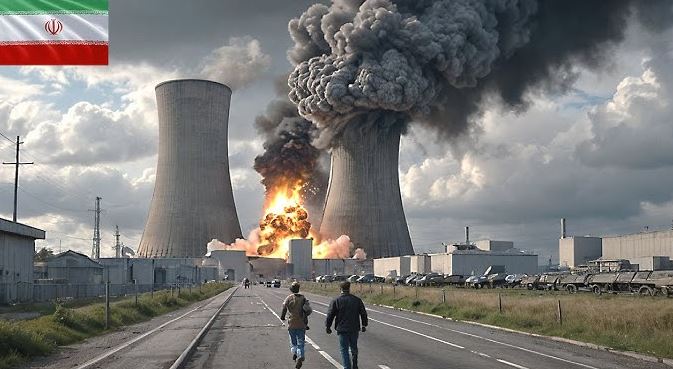In the wake of a missile barrage from Iran, Israel is considering possible strikes on key military and economic targets within the country. Experts, including former military officials and analysts, have identified several critical sites that could be on Israel’s radar.
- Missile Command Centers and Launchpads: These sites are directly linked to Iran’s missile operations and would be primary targets in any Israeli response.
- Air Defense and Drone Sites: Strikes on these facilities would aim to neutralize potential threats to Israeli warplanes, ensuring air superiority in the region.
- Intelligence Centers: In light of Iranian efforts targeting Israeli intelligence agencies, including Mossad, these centers may also be prioritized in an attack strategy.
Former Israeli Ambassador to the U.S., Dr. Michael Oren, along with industry experts, have highlighted Iran’s oil infrastructure as a significant economic target. Possible strikes could include:
- Kharg Island Oil Terminal: This facility is critical, handling approximately 90% of Iran’s oil exports, making it a strategic target for economic disruption.
- Gasoline Refineries: Refineries such as the Persian Gulf Star in Bandar Abbas, which play a vital role in Iran’s domestic fuel supply, could also be potential targets.
Additionally, military analysts suggest that nuclear facilities may be included in Israel’s targeting considerations. These sites include:
- Fordow and Natanz Uranium Enrichment Centers: Both facilities are essential to Iran’s nuclear program and are located deep underground, making them strategic targets.
- Isfahan Nuclear Technology Center: This center oversees the production of key components for nuclear weapons, further elevating its importance on Israel’s target list.
Should these strikes occur, they would aim to significantly diminish Iran’s military, economic, and nuclear capabilities, likely with support from U.S. intelligence resources.
Strategic Implications and Regional Reactions
The potential for an Israeli military response raises significant concerns about escalation in the already volatile Middle East. An attack on Iran could provoke retaliatory strikes, not only from Iranian forces but also from allied militant groups throughout the region. Observers are closely monitoring the situation, as heightened tensions could disrupt oil markets and impact global energy supplies.
Israel’s defense establishment is likely assessing the timing and scale of any operations carefully, weighing the risks of escalation against the need to deter Iranian aggression. Diplomatic channels may also be engaged to mitigate backlash and manage international relations in the wake of any strikes.
As the situation develops, the global community remains watchful, aware that any military action could have far-reaching consequences beyond the immediate region.



